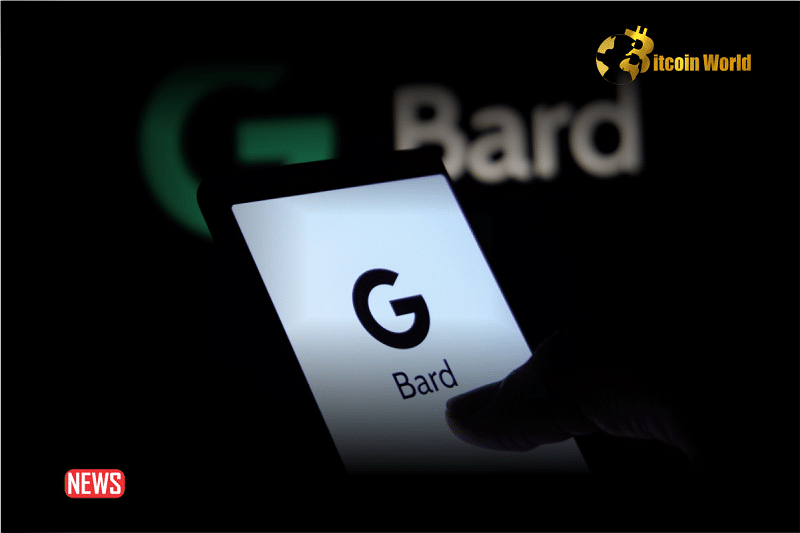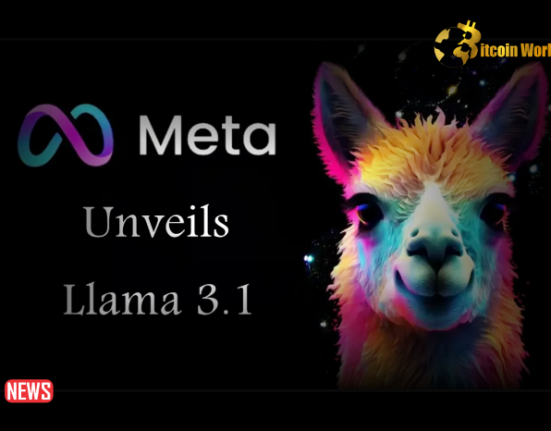- Google files a comprehensive lawsuit against alleged scammers for offering malware-infested “Bard” generative AI software, seeking legal remedies to protect users.
- Scammers create deceptive pages on social media, exploiting Google trademarks to lure unsuspecting victims into downloading malicious software.
- Despite 300 takedown notices since April, Google faces persistent challenges, highlighting the broader issue of scammers exploiting public interest in generative AI tools.
In a watershed moment for the tech behemoth, Google has launched a multilayered legal offensive against a criminal group of accused scammers marketing malware-infested “generative AI” software under the guise of Bard. This strategic step demonstrates Google’s commitment to protecting consumers from the sophisticated web of misleading techniques organized by these attackers. The precisely drafted and filed lawsuit in a California court attests to the gravity of the problem, as Google attempts to unravel a sophisticated strategy that threatens the purity of its generative AI tools.
Deceptive Practices And False Affiliation
Investigating the complexities of the lawsuit reveals a complicated tapestry of deception built by the scammers operating in the shadows in Vietnam. The accused, whose names are unknown, openly claim to be offering the “latest version” of Google Bard for download. The first layer of deception is that Google insists that its legal generative AI tool, Bard, is publicly available and does not require downloading. The crooks’ audacious use of Google trademarks, such as Bard, Google, and AI, to lure naive users into downloading dangerous software on their PCs takes this fraud to the next level.
Despite Google’s ongoing efforts—approximately 300 takedown warnings have been sent since April—scammers continue to operate with tenacity that needs a more robust defense. Beyond being a legal recourse, Google’s lawsuit is a strategic endeavor to gain an order prohibiting the establishment of domains associated to the bogus Bard software. Google also wants the authority to deactivate these domains through US domain registrars. According to the corporation, if the legal action is successful, it would not only deter existing criminals but will also provide an important safeguard against the development of such schemes in the future.
Read Also: Google Cloud Integrates Solana for Its BigQuery Data Analytics Service
Exploiting Public Excitement And Cybersecurity Challenges
Google’s online announcement of the case serves as a beacon, shedding light on the larger issue at hand—the exploitation of the growing public interest in generative AI technologies. Google expresses worry that unscrupulous actors have misled many people throughout the world by tempting them with the potential of using Google’s AI tools, only to trick them into unintentionally downloading malware. Because generative AI can generate content that appears natural, it is gaining popularity. Cybercriminals swiftly adapt and use this technology to make fraudulent messages or emails.
The peculiarity of Google’s situation stems from malevolent actors taking advantage of the recent wave of AI enthusiasm. They distribute software that appears to be similar to Google’s Bard but actually contains malicious spyware. This unique dilemma highlights the shifting cybersecurity landscape, in which technology companies must delicately balance fostering innovation and safeguarding users.
The Imperative In The Age Of AI tools
As Google undertakes a determined legal fight against these con artists, a bigger discussion about our shared responsibilities to combat the increasing number of scams employing artificial intelligence is emerging. The delicate tango between technology innovation and cybersecurity issues necessitates a thoughtful and coordinated strategy. Users must remain careful as generative AI acts as a double-edged sword, enabling both genuine breakthroughs and possible threats.
Google’s steadfast stance against deceptive activities emphasizes the critical need for a broader discussion on protecting the digital realm from growing cyber dangers. How can society find a careful balance between welcoming AI developments and protecting itself from malevolent actors who use the same technology for misleading purposes? The answer lies in our collaborative efforts to build a resilient digital environment, technological innovation, and unrelenting diligence.














